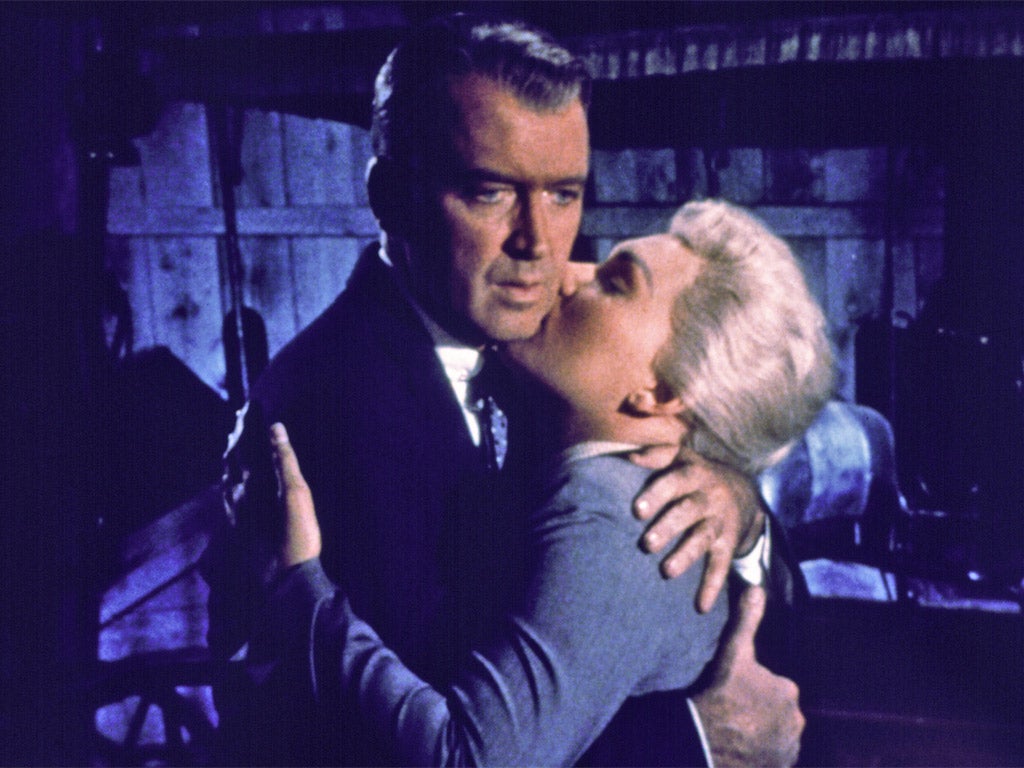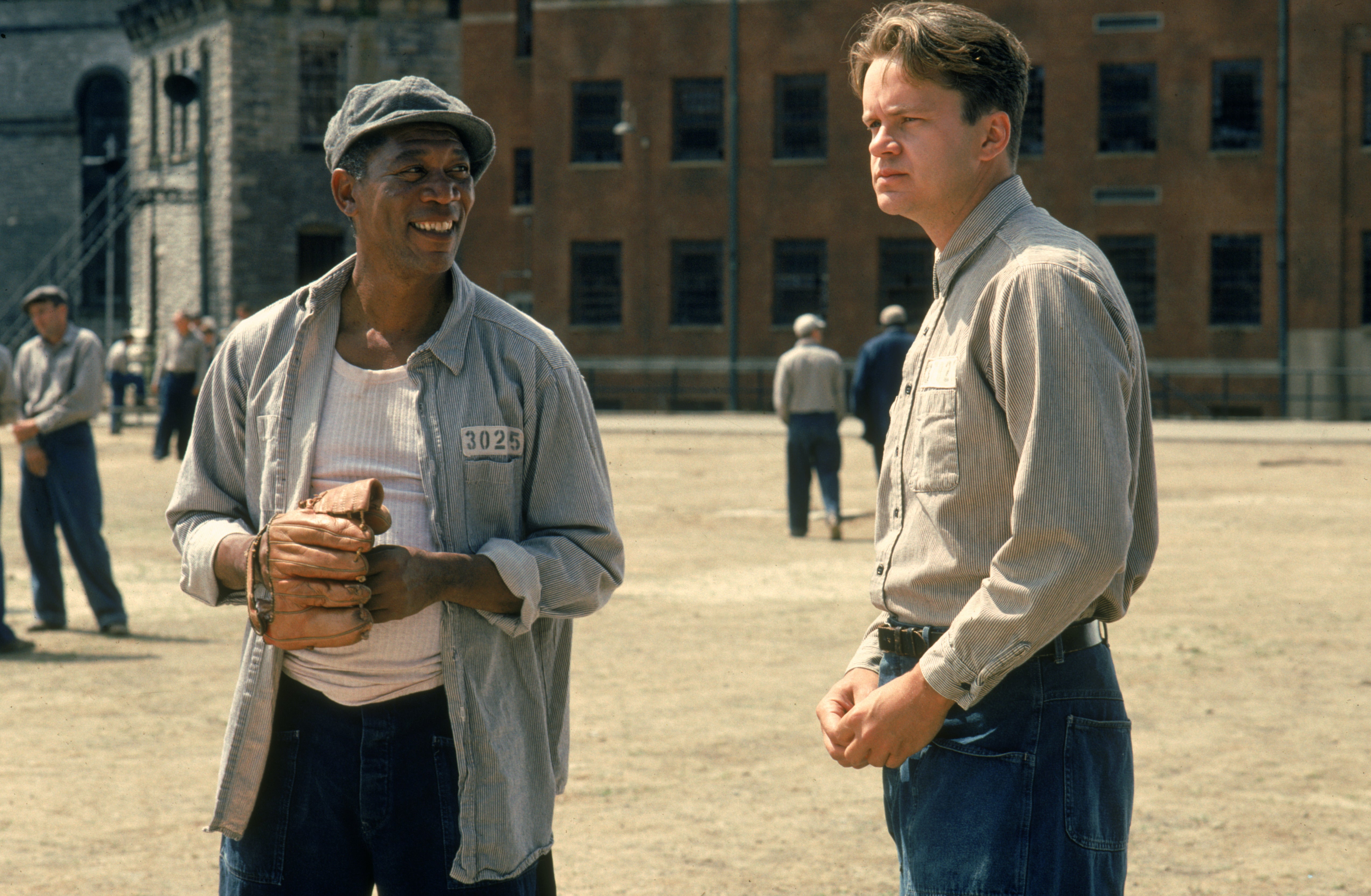21 brilliant films that should have won the Oscar for Best Picture
...and the movies that beat them
Your support helps us to tell the story
From reproductive rights to climate change to Big Tech, The Independent is on the ground when the story is developing. Whether it's investigating the financials of Elon Musk's pro-Trump PAC or producing our latest documentary, 'The A Word', which shines a light on the American women fighting for reproductive rights, we know how important it is to parse out the facts from the messaging.
At such a critical moment in US history, we need reporters on the ground. Your donation allows us to keep sending journalists to speak to both sides of the story.
The Independent is trusted by Americans across the entire political spectrum. And unlike many other quality news outlets, we choose not to lock Americans out of our reporting and analysis with paywalls. We believe quality journalism should be available to everyone, paid for by those who can afford it.
Your support makes all the difference.It’s easy to get caught up in awards season excitement as the Oscars approach – the glitz and glamour of the red carpet generating global talking points, memes and pub chatter for weeks on end.
But when it’s really broken down, the Oscars are essentially just a microcosm of Hollywood. It’s a depressing fact that films directed by previous winners appear to have more chances of being nominated than those directed by newcomers.
Because of this, the best film in any given year almost never wins the evening’s most coveted prize – in fact, it’s sometimes not even nominated in the first place. Parasite’s victory in 2022 was a recent rare exception.
Over the decades, there have been countless glaring omissions – films that were nominated but were beaten by far inferior films and classic films that failed to secure a single nomination.
As the 2024 Oscars approach, we’ve run through 20 brilliant films that you would have expected to have won Best Picture winner – but didn’t.
Citizen Kane (1941)
Long revered as one of the greatest films ever made, Orson Welles’ debut – a film following newspaper tycoon Charles Foster Kane – was just another nominee back in the day, losing out to the admittedly brilliant How Green Was My Valley.
The Searchers (1956)
The Searchers may be considered John Ford’s greatest film, but it was not treated as such back in the 1950s. In fact, the western starring John Wayne failed to earn a single nomination. Around the World in 80 Days turned out to be more the Academy’s cup of tea.
Vertigo (1958)
Not only did Alfred Hitchcock never win an Oscar (save for his memorial award in 1968), but neither did any of his films – one of which is Vertigo, a classic that won Sight & Sound’s once-a-decade greatest films of all time poll in 2012. If it had been nominated, it would have faced stiff competition in the form of eventual winner All About Eve.

The Graduate (1967)
One of the films that kickstarted the New Hollywood Cinema era, The Graduate may have won director Mike Nichols an Oscar, but it ultimately lost out to Norman Jewison’s In the Heat of the Night.
2001: A Space Odyssey (1968)
Stanley Kubrick’s sci-fi classic remains one of the most influential pieces of cinema there is. The Academy didn’t agree. The Academy nominated Kubrick for Best Director and awarded the visual effects in favour of considering 2001 for Best Picture (it didn’t even get nominated). That year’s winner was Oliver!, the musical by Carol Reed.
Taxi Driver (1976)
Despite Taxi Driver’s failure to win the main award, its nomination in four categories showed the Academy had good intentions. That All the President’s Men and Network also lost out to eventual winner Rocky shows that, ultimately, it never really stood a chance.

Apocalypse Now (1979)
Francis Ford Coppola’s ambitious Vietnam War epic Apocalypse Now received a grand total of eight nominations, but only went home with two prizes (for cinematography and sound) losing out to drama Kramer vs Kramer.
Raging Bull (1980)
Of all the Oscar blows dealt to Martin Scorsese over the decades, none landed harder than Raging Bull losing out to Robert Redford’s weepie Ordinary People, an oversight many consider one of the Academy’s most egregious.
Do the Right Thing (1989)
Spike Lee’s Do the Right Thing failing to win Best Picture at the 1990 Oscars is one thing – losing out to Driving Miss Daisy is another thing altogether.

Goodfellas (1990)
Having awarded both The Godfather and The Godfather Part II Best Picture in 1972 and 1974 respectively, the Academy seemed destined to appreciate Martin Scorsese’s Goodfellas. But no – Kevin Costner’s directorial debut Dances with Wolves was the most appealing choice for voters.
Pulp Fiction (1994)
New talent on the block Quentin Tarantino’s second feature Pulp Fiction won him the coveted Palme d’Or at Cannes in 1994 – a success he failed to match back on home turf. While he won an Original Screenplay Oscar, his film was beaten by Forrest Gump...
The Shawshank Redemption (1994)
...and it wasn’t the only one. Frank Darabont’s adaptation of Stephen King’s prison-set novella The Shawshank Redemption also fell victim to Robert Zemeckis’ Oscar-friendly Forrest Gump. We don’t see that film sitting atop the IMDb top 250 though, do we?

Heat (1995)
If Heat was released today, there’s no way it wouldn’t be a Best Picture frontrunner. That it was completely ignored in favour of Braveheart is a huge travesty.
Fargo (1996)
You may think it was remiss of the Academy to shun Fargo, but it did come pretty close to winning, its chances bolstered somewhat by seven nominations and two wins (Actress for Frances McDormand and Original Screenplay for the Coen Brothers). It lost out to The English Patient.
Saving Private Ryan (1998)
Having won Best Director five years previous for Schindler’s List, Steven Spielberg was strongly expected to take home the top prizes for his Second World War epic. Cue Shakespeare In Love upsetting everybody.

We Need to Talk About Kevin (2011)
Lynne Ramsay has directed two films that would have been deserving of Best Picture: You Were Never Really Here and this, We Need to Talk About Kevin. It’s easy to see why Hollywood was temporarily more charmed by The Artist, but it’s clear which film will stand the test of time.
Inside Llewyn Davis (2013)
It’s almost unthinkable to recall that the Coen brothers’ Inside Llewyn Davis only scored two Oscar nominations in the cinematography and sound mixing categories, respectively. In the ensuing years, the film has been hailed as one of the greatest of the 2010s, meaning that its no-show at the Oscars will go down as one of the Academy’s biggest omissions. Still, it would have had a hard time winning over 12 Years a Slave.
Boyhood (2014)
For the 2015 Oscars race, you were either team Birdman or team Boyhood. Richard Linklater’s labour of love, shot intermittently over 12 years, ultimately failed to win.

American Honey (2016)
If there’s any justice, Andrea Arnold will one day become an Oscar winner, but in a perfect world, she would have already won for American Honey, a drama deserving of Best Picture if there ever was one.
Get Out (2017)
Horror rarely gets recognised at the Oscars, but Get Out is the closest the genre had come in years. Jordan Peele may have taken home the Best Original Screenplay award, but the stars aligned for Guillermo del Toro’s fantasy The Shape of Water instead.
Roma (2018)
Roma was strongly expected to become the first ever foreign language film to win Best Picture. It had everything going for it, including a standout festival run and universal acclaim. But then Green Book snatched its trophy away in a late stage awards season twist that still seems too ridiculous to be true.
The Oscars take place on 10 March.

Join our commenting forum
Join thought-provoking conversations, follow other Independent readers and see their replies
Comments